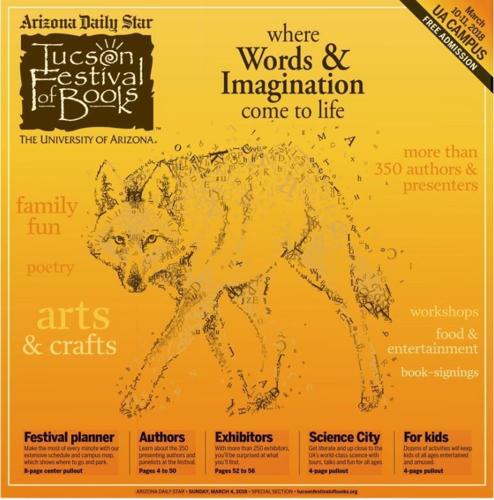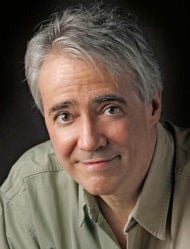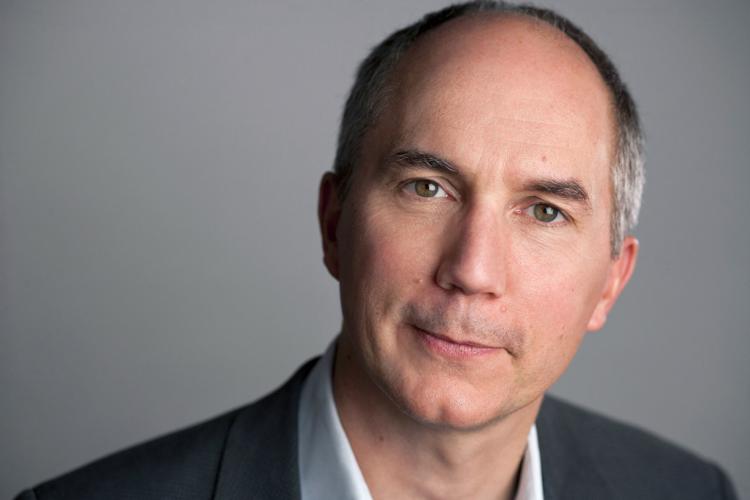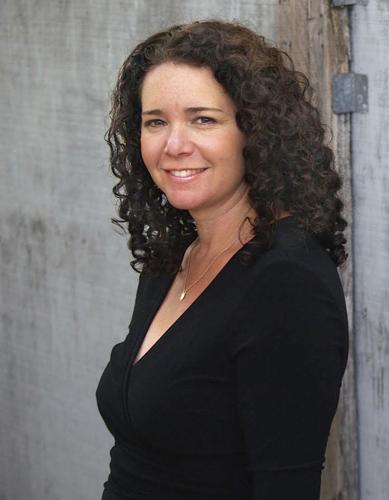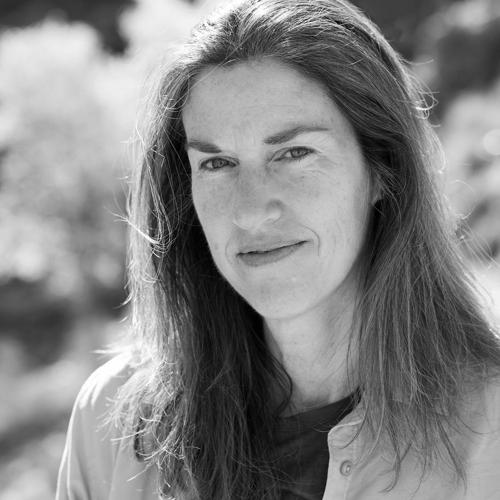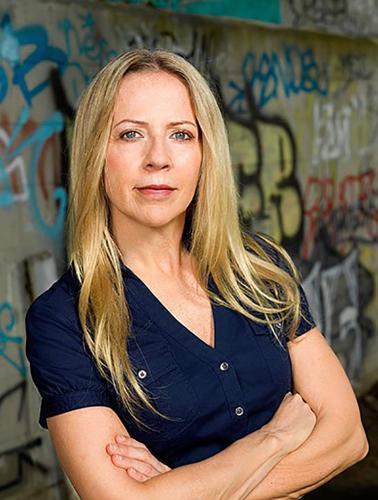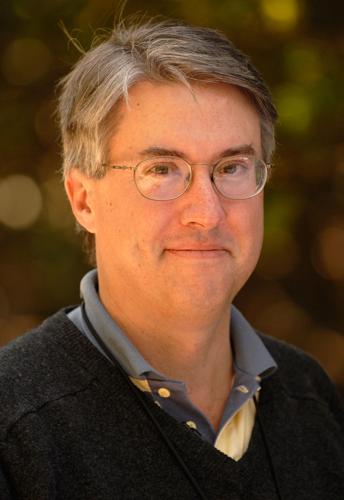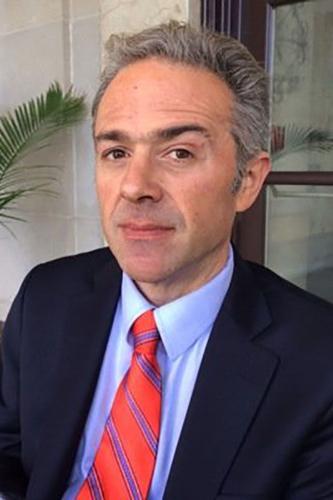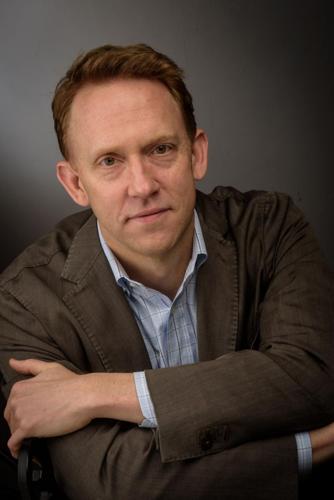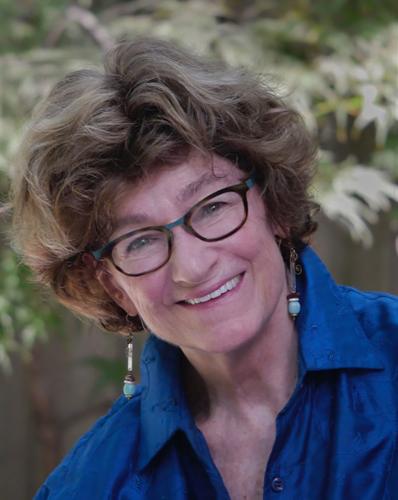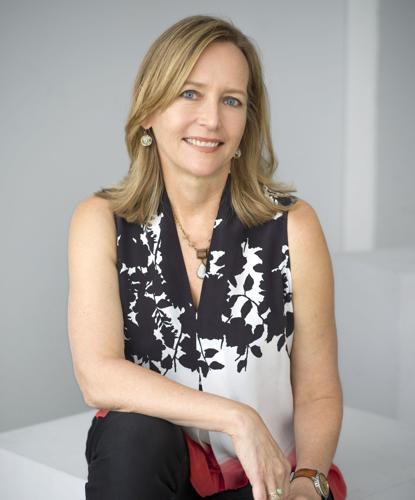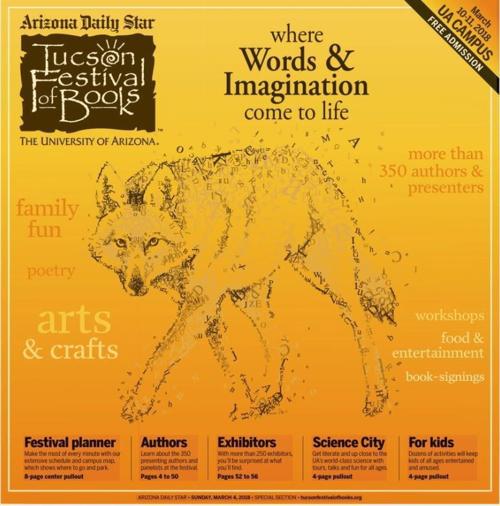The upcoming Tucson Festival of Books, this Saturday and Sunday on the University of Arizona campus, welcomes hundreds of highly acclaimed authors, including those who are (or were) journalists in their day jobs.
It’s certainly not uncommon for journalists to write a book at some point in their careers. But why do they make the switch?
Check out 10 reasons why journalists decided to write a book.
1. For his kids
Scott Simon, host of NPR’s Weekend Edition Saturday and a contributor to many news organizations, says, “Looking back, I think it’s because I had children and wanted to write something they could hold, which is something you can’t always do with journalism.”
“Writing a book allowed me to express myself in ways that journalism doesn’t allow, for reasons I respect,” he says.
Simon has written several books. His most recent is “My Cubs: A Love Story,” which is about the Chicago Cubs and their historic win in the 2016 World Series.
He has attended the festival of books three times and says he loves it. He’s planning to bring his family to the festival, including his dog Daisy.
See Scott Simon at 1 p.m. on Saturday, March 10, and 2:30 p.m. on Sunday, March 11.
2. To create something bigger
Amy Ettinger, a contributor to the New York Times, Washington Post and others, always wanted to engage in a longform nonfiction project.
“I love daily reporting,” she says. “But I wanted the opportunity to sink my teeth into something bigger.”
Ettinger is the author of “Sweet Spot: An Ice Cream Binge Across America,” which details a yearlong journey through ice cream: its flavors, local shops and everything in between.
“The thing I really loved about writing the book was that I got to use my own voice,” she says. “With news writing, you’re limited a lot in your tone and voice.”
Ettinger has never visited the festival, but her husband has. She says she’s excited to meet the other writers and try Tucson’s food.
See Amy Ettinger at 10 a.m. on Saturday, March 10, and 2:30 and 4 p.m. on Sunday, March 11.
3. Because a story kept growing
Kathryn “Kitsi” Watterson, an English professor at the University of Pennsylvania, started out in journalism.
“I had started doing investigations as a reporter,” she says. “I covered the Black Panthers and black liberation groups and I was so frustrated with some of the coverage. One thing led to another and I wrote a magazine article about it.”
Watterson says as she continued to learn more, her story continued to grow. She was soon asked to write a book.
“My books have been deeply researched,” Watterson says. “I wouldn’t have known how to do a lot of that if I wasn’t a newspaper reporter.”
Her newest book is “I Hear My People Singing: Voices of African American Princeton,” which tells stories of the residents of a historic neighborhood in Princeton, New Jersey.
As for the festival, Watterson has never attended, but is excited to visit.
“I love all the people who are coming,” she says. “It’s like a celebration of the human spirit and a celebration of all of our humanity coming together. I’m also excited to hear the Rock Bottom Remainders.”
See Watterson at 11:30 a.m. and 4 p.m. on Saturday, March 10, and 11:30 a.m. on Sunday, March 11.
4. Because he had all the details
Joshua Green, former editor of The Atlantic and a contributor to The New Yorker and Vanity Fair, wrote “Devil’s Bargain,” a book with insider knowledge about Donald Trump and Steve Bannon’s journey to the White House.
“After Trump was elected, there was an enormous appetite to try and understand what had happened and why nobody really saw it coming,” Green says. “I had spent most of the last three years reporting on this emerging populist wing in the Republican Party. I felt like I had a front-row seat to tell the full story.”
Green says he always knew he wanted to write a book, but was never planning to write a book about Trump’s presidential campaign.
He has never attended the festival of books but says he’s excited to “take the time to appreciate and savor” literature and books.
See Green at 1 p.m. on Saturday, March 10, and 1 p.m. on Sunday, March 11.
5. Because the topic was too big
David Owen, a writer for The New Yorker, has written many articles about the environment.
“Water was always something I was interested in,” he says. “But it’s a huge topic.”
In his latest book, “Where the Water Goes: Life and Death Along the Colorado River,” Owen follows the river from start to finish.
The book originated as an article for the New Yorker, but a book soon evolved.
“It was a challenge to decide what to leave out of the article,” he says. “You have so much more room in a book. It’s nice to explore things I wouldn’t have room for in an article.”
Owen has never attended the festival, but says he’s looking forward to it.
“I was just at a book festival in the Palm Springs area,” he says. “One of the fun things about it was just having the chance to talk to other writers.”
See Owen at 10 a.m. on Saturday, March 10, and 2:30 p.m. on Sunday, March 11.
6. Because he loves books
“I wrote a book because I wanted to write a book,” Edward Luce says. “I love books. I love reading books.”
Luce, a columnist for the Financial Times, has written four politically charged books, including his most recent: “The Retreat of Western Liberalism.”
“There’s depth in researching and writing a book,” he says. “It’s different than a daily newspaper. It’s a very enriching experience that improves your newspaper experience.”
This year will be Luce’s first time attending the festival, but he’s been told that the festival is wonderful.
“You always learn a great deal from people who write and read books,” he says.
See Edward Luce at 10 a.m. on Saturday, March 10, and 10 a.m. on Sunday, March 11.
7. Because she always wanted to write a book
Liza Mundy, a former journalist at the Washington Post, always had book writing on her mind.
“It wasn’t a new thought,” she says. “And it was a natural extension from long-form magazine writing, which is what I was mostly doing.”
Mundy most recently wrote “Code Girls,” which tells the story of young women who broke German and Japanese codes during World War II.
Mundy has never visited the festival of books, but like others, says she’s excited.
“I’m very excited about my panels with other journalists and authors,” she says. “It’s a lot of fun to exchange ideas and meet people whose work I admire.”
See Mundy at 1 and 4 p.m. on Saturday, March 10, and 10 a.m. and 1 p.m. on Sunday, March 11.
8. Because someone had to tell the story
Christine Pelisek, a journalist for People Magazine, is the author of “The Grim Sleeper,” about a serial killer in Los Angeles.
“I thought this story needed to be told,” Pelisek says. “I wasn’t sure whether the family members or police would write anything about it and I thought it was really important.”
Although Pelisek found book writing challenging, she says it was also a rewarding experience.
“I really enjoyed it and I’m happy that I did it,” she says. “But it’s not for the faint of heart.”
Pelisek has never been to the festival, but she said she is excited to meet her fellow panelists.
“I like book festivals” she says. “I love checking out the books, meeting authors. It’s a great spot to meet people.”
See Pelisek at 2:30 p.m. on Saturday, March 10, and 2:30 and 1 p.m. on Sunday, March 11.
9. Because she wanted to know more
Annette McGivney, Southwest Editor for Backpacker Magazine and a journalism professor at Northern Arizona University, wrote her most recent book, “Pure Land,” about a brutal murder in the Grand Canyon.
“It started out just as a magazine article,” she says. “But there was so much more I wanted to know. I kept looking for more information, but thought, ‘I want to do a book on this.’ I thought it was worth more than just one story.”
As soon as McGivney could read, she started writing. She always knew she wanted to be a writer. She says that writing books was an easy progression from journalism.
McGivney has never visited the festival of books, but says she’s honored to be included.
See McGivney at 11:30 a.m., 2:30 and 4 p.m. on Saturday, March 10, and 1 p.m. on Sunday, March 11.
10. Because he didn’t have enough answers
Alan Burdick is a contributor and former editor of the New Yorker. His most recent book is, “Why Time Flies: A Mostly Scientific Investigation,” which answers the question to: What exactly is time?
“I was interested in the subject of time,” Burdick says. “But there were questions I didn’t have satisfying answers to and there wasn’t a whole lot written about it in the popular press.”
Like others, Burdick found that one article just wouldn’t be enough. “Ninety percent of what you learn doesn’t end up in what you write in journalism,” he says.
As for the festival, he has never been, but he’s on two panels this year, which he says he’s excited about.
See Burdick at 1 and 2:30 p.m. on Saturday, March 10.


